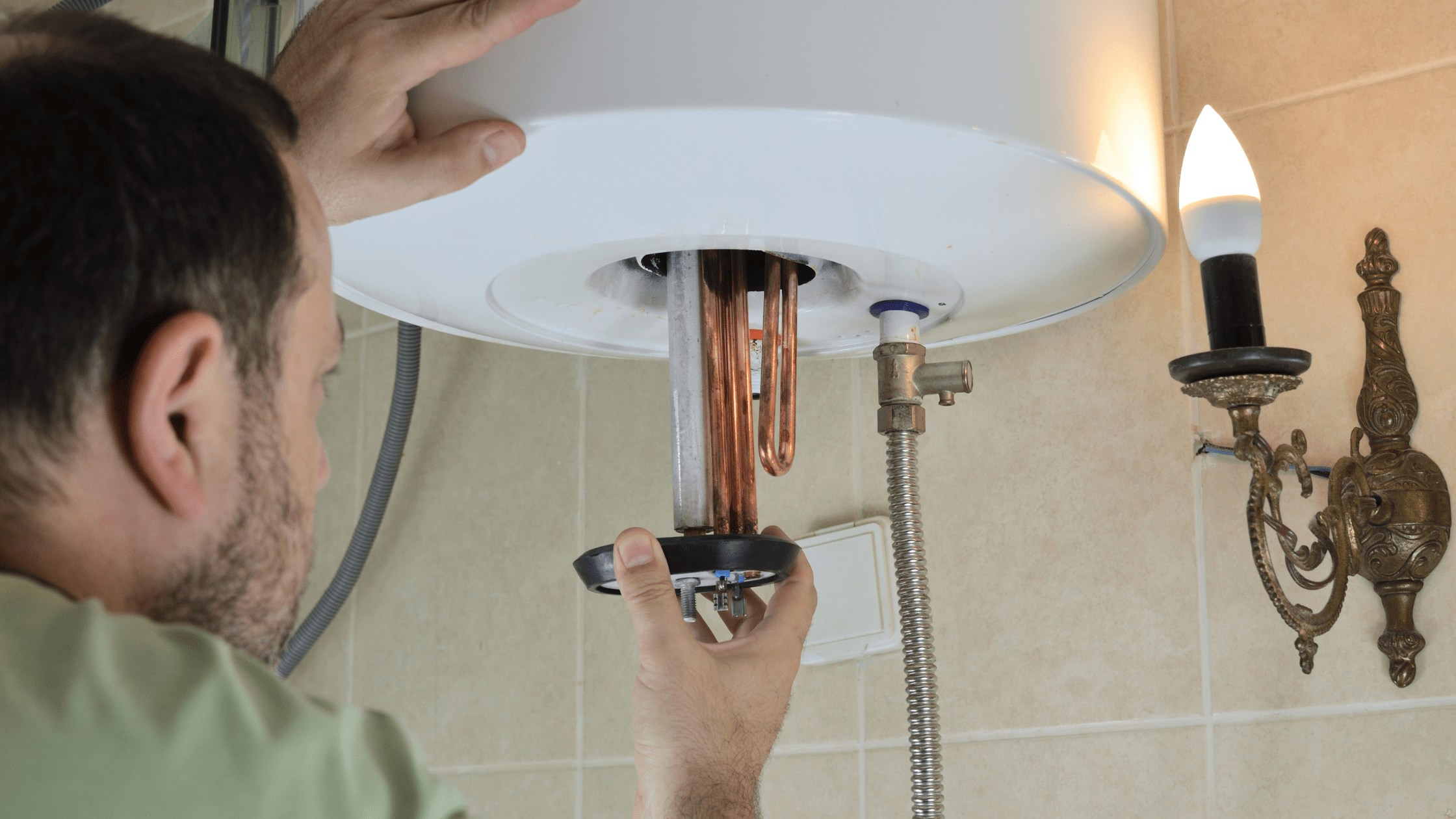Water heaters play an important role in our daily lives. They provide hot water for showers, laundry, dishes, and other purposes. However, like any other appliance, water heaters can break down or become less efficient over time. When that happens, you have to decide whether to repair or replace your water heater. This blog post will guide you through the process of making an informed decision based on factors such as age, cost, energy efficiency, and personal preferences. By the end of this article, you will be able to choose the best option for your needs and budget.
Considerations When Upgrading or Repairing Your Water Heater
Age is one of the key factors to consider when deciding whether to repair or replace your water heater. Most water heaters have a lifespan of 8-12 years, depending on the quality of the unit and the maintenance it receives. If your water heater is approaching or exceeding that lifespan, it may be more cost-effective to replace it, even if the repair costs are relatively low. The reason for this is that as water heaters age, they become less efficient and more prone to breakdowns. The older the unit, the more likely it is to develop leaks, rust, or other issues that can cause water damage, injuries, or high utility bills.
Evaluating the Costs: Repair or Replacement?
Cost is another important consideration when choosing between repairing and upgrading your water heater. In general, repairs are cheaper than replacements, but that also depends on the extent of the damage or malfunction. For example, if your water heater needs a simple fix such as replacing a valve or a thermostat, that may cost less than $200. However, if the problem is more severe, such as a cracked tank, a burnt-out heating element, or a malfunctioning gas valve, the repair costs could exceed $500, which is almost half the cost of a new water heater. In such cases, it may be more economical to invest in a new unit that comes with a warranty and better energy efficiency.
Understanding the Energy Efficiency of Your Water Heater
Energy efficiency is a critical factor for most homeowners when selecting a new water heater. The more efficient a water heater is, the less energy it uses to heat water, and the lower its operating costs and carbon footprint. For example, a modern tankless water heater can save up to 30% on energy bills compared to a traditional tank water heater. Similarly, a solar-powered water heater can reduce your energy costs by up to 90% if you live in a sunny area and qualify for incentives or tax credits. If you decide to upgrade your water heater, make sure you choose one that has an Energy Star label, which means it meets the standards of energy efficiency set by the federal government.
Considering the Environmental Impact of Your Water Heater
Personal preferences may also play a role in your decision to repair or replace your water heater. Some people may prefer to upgrade to a larger size, a different type, or a smarter unit that can be controlled remotely. Others may value the peace of mind and convenience of having a new unit that is less likely to cause problems or require maintenance. Ultimately, the decision should be based on your needs, budget, and priorities, as well as the advice of a licensed plumber who can assess the condition of your current water heater and recommend the best solution.
Conclusion
In conclusion, whether you choose to repair or replace your water heater depends on several factors, including age, cost, energy efficiency, and personal preferences. By considering these factors and making an informed decision, you can save money, reduce energy consumption, and enjoy reliable hot water for years to come. If you need help with your water heater repair or replacement, contact a licensed plumber who can provide professional advice and quality service. Remember, a well-maintained water heater is an essential component of your home’s lifestyle and comfort.

